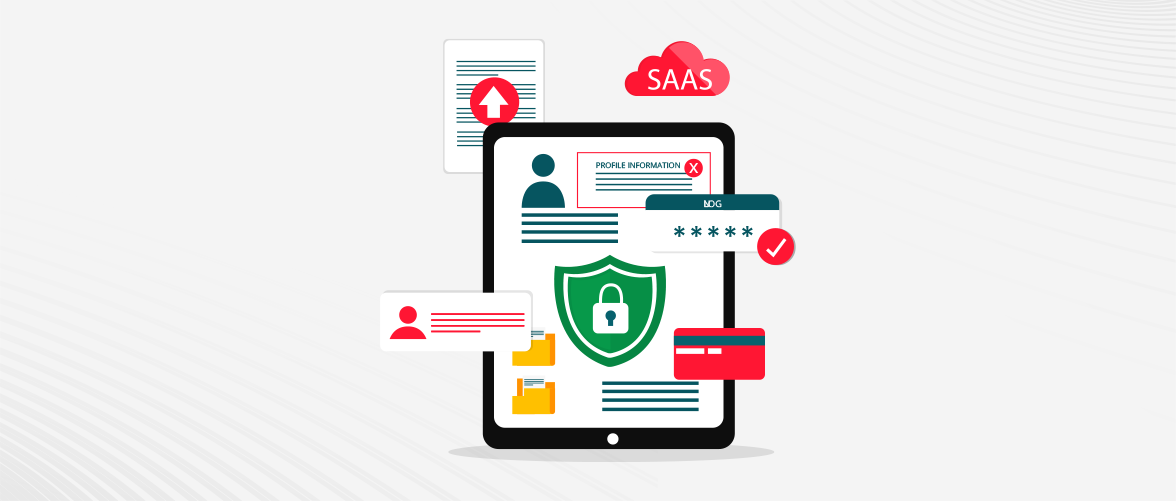Blockchain technology to improve cybersecurity across sectors
05 Feb 2024

Blockchain technology has gained widespread attention in recent years as a revolutionary approach to managing digital assets securely and transparently. While initially developed as a backbone for cryptocurrencies like Bitcoin, blockchain has since evolved to become a solution to various cybersecurity challenges faced by industries across sectors.
In this article, we will explore the ways in which blockchain technology can be used to improve cybersecurity across different industries.
1.Decentralization
One of the key features of blockchain technology is its decentralized nature. Rather than being stored in a single location, data is distributed across a network of nodes. This means that there is no single point of failure, making it more difficult for hackers to access and compromise data.
Blockchain's decentralized approach to data storage and management can provide a higher level of security for industries where data privacy is critical, such as finance, healthcare, and government.
2.Immutable Records
The data stored on the blockchain is immutable, meaning it cannot be altered or deleted once it has been recorded. This makes it an ideal solution for industries where data integrity and authenticity are crucial.
By recording data on the blockchain, companies can be assured that the data has not been tampered with, and that it is accurate and up-to-date.
3.Smart Contracts
Smart contracts are self-executing contracts with the terms of the agreement between buyer and seller being directly written into lines of code. Blockchain technology enables the use of smart contracts to automate complex transactions, reducing the need for intermediaries and increasing security.
With smart contracts, businesses can ensure that transactions are completed as agreed upon and that payments are made without the need for manual intervention.
4.Cybersecurity Threat Detection
Blockchain technology can also be used to detect and prevent cybersecurity threats. By using blockchain, businesses can create a tamper-proof log of all system activity, which can be monitored for suspicious behavior. Any attempts to breach the system or alter data will be immediately flagged, allowing IT teams to take action before any damage can be done.
5.Identity Management
Blockchain technology can also improve identity management and authentication, a critical aspect of cybersecurity. By using blockchain, businesses can create a decentralized digital identity system, eliminating the need for usernames and passwords. This can reduce the risk of identity theft and improve the overall security of online transactions.
6.Supply Chain Management
Blockchain technology can be used to improve the security and transparency of supply chain management. By recording each step of the supply chain on the blockchain, businesses can ensure that products are authentic and that there has been no tampering or counterfeiting. This can improve consumer trust and reduce the risk of fraud and product recalls.
By leveraging the decentralized nature of blockchain, businesses can increase the security and transparency of their data management, prevent cyber-attacks, and improve their supply chain management. With the continued evolution of blockchain technology, it is likely that we will see even more innovative solutions to cybersecurity challenges in the future.